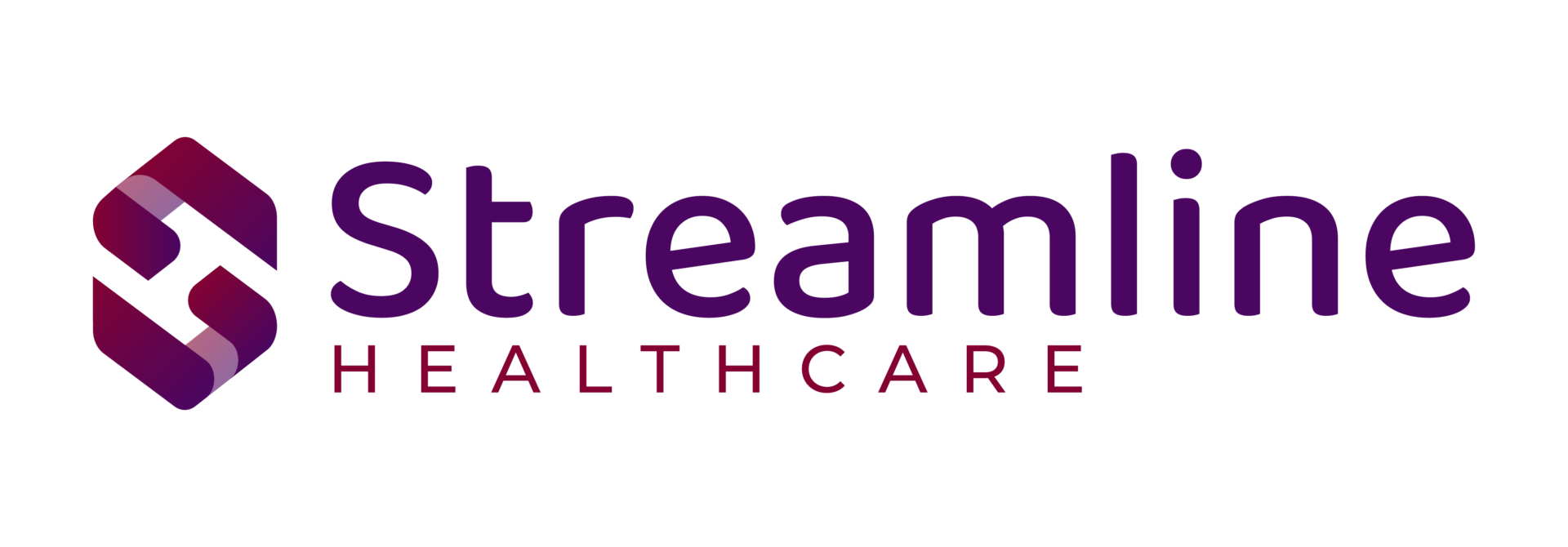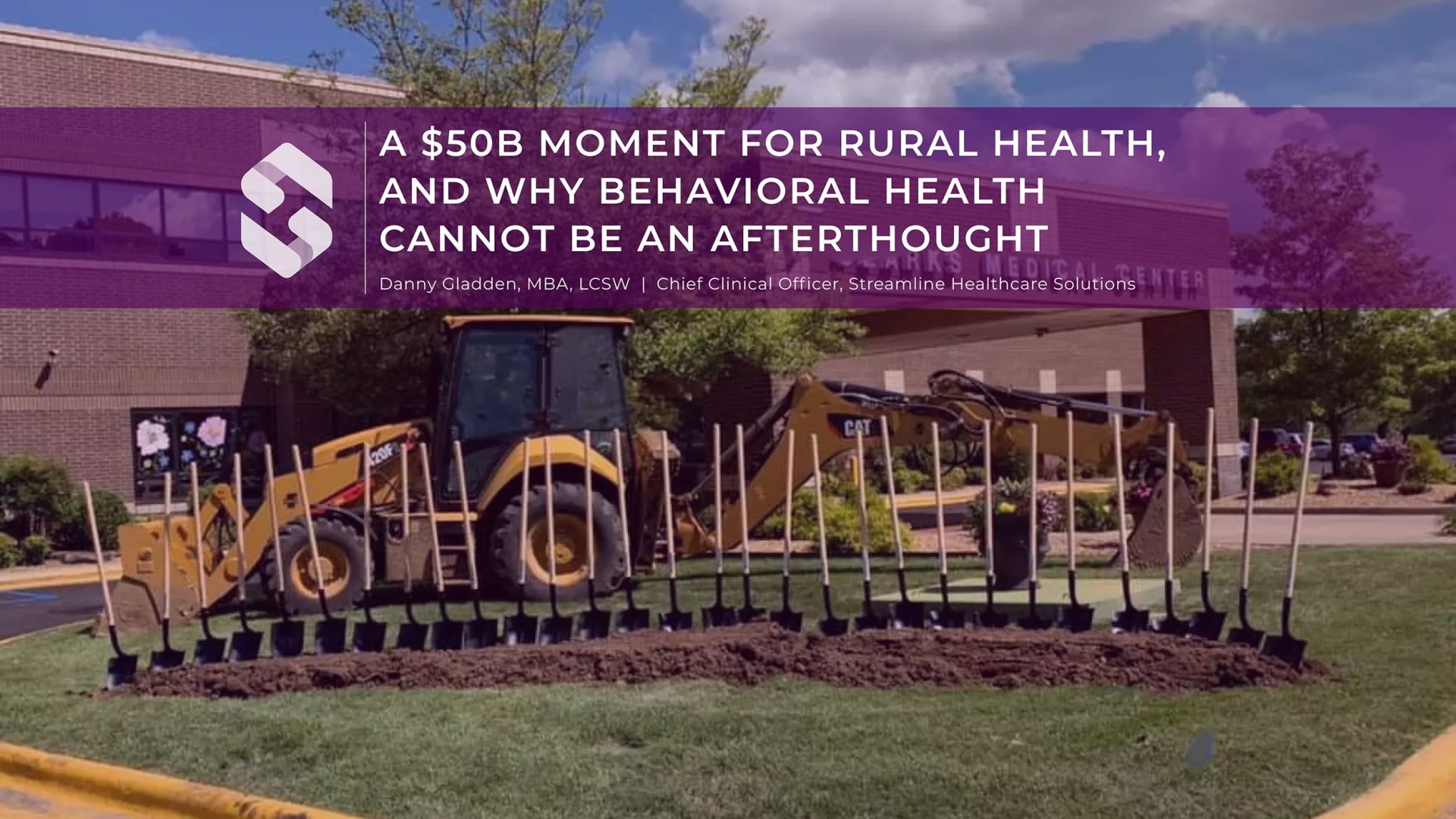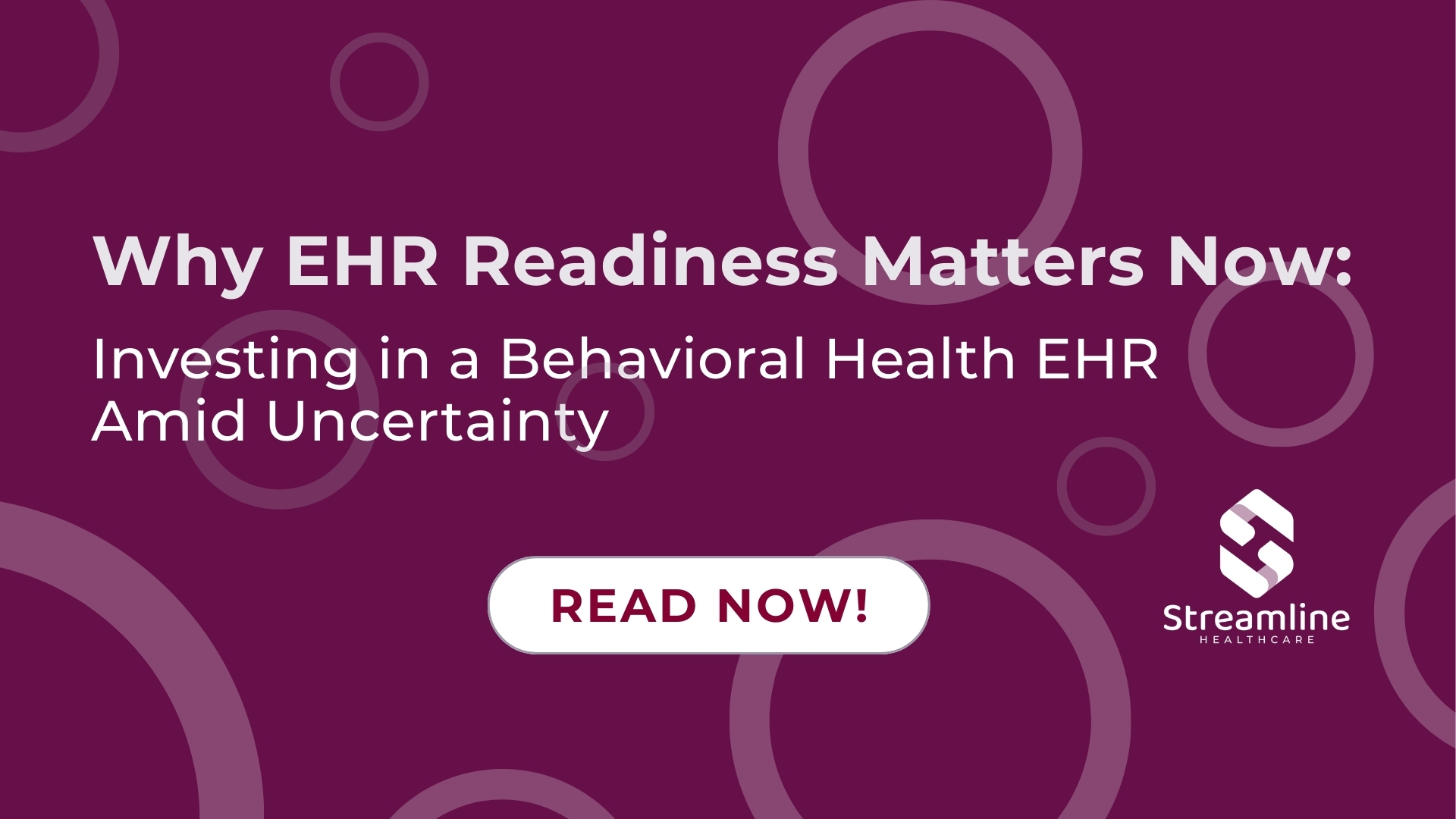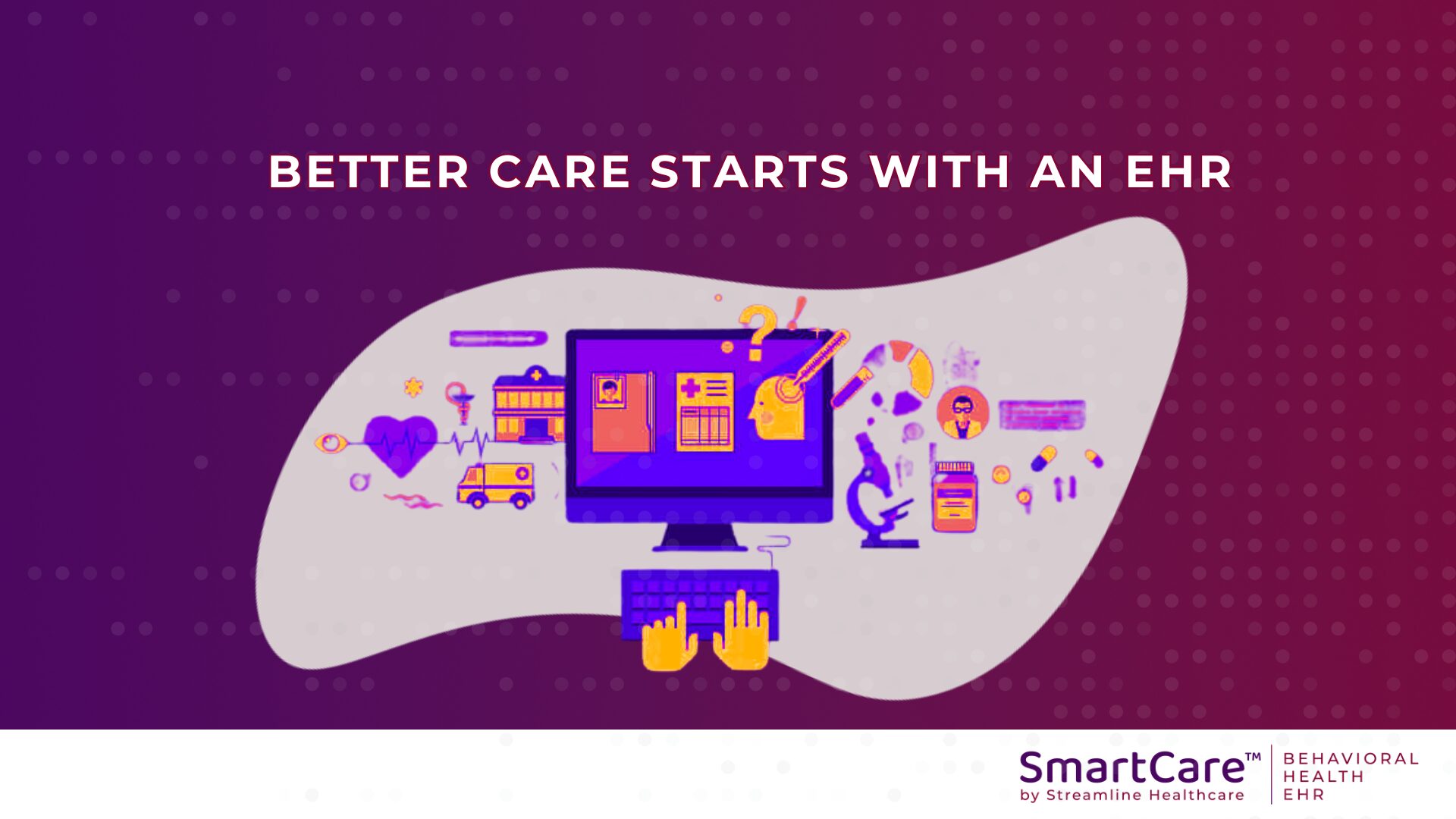CMS Works to Reduce Barriers to Accessing Behavioral Health Services and Integrating Care
As evidence of the effectiveness of whole person care mounts at the same time that an estimated 35% of adults with mental health issues don’t receive care, the Centers for Medicare and Medicaid Services (CMS) continues to work to eliminate barriers to better integrating physical and behavioral health.
CMS OKs Direct Payments for Behavioral Health Consultations
Last month, the CMS took a significant step toward making it easier for Medicaid and Children’s Health Insurance Program (CHIP) beneficiaries to access behavioral health services and other forms of specialty care.
The CMS issued a policy update that enables state Medicaid and CHIP programs to pay specialists directly when a beneficiary’s primary health care provider asks for advice.
Under the new policy, behavioral health specialists and other consulting providers will no longer need to coordinate payment via separate agreements with the treating health care practitioner.
This will give Medicaid and CHIP agencies the flexibility to develop payment methods to reimburse consulting practitioners directly for their services. In addition, these consultations can occur when the beneficiary is not physically present, ensuring personal and geographic barriers do not stand in the way of connections to care.
According to the CMS announcement, “access to specialty care for mental health and substance use disorders remains particularly challenging. For example, in 2019 more than 55% of adults with mental illnesses and nearly 35% of those with serious mental illnesses did not receive care.”
Primary Care First Builds on Success of Integrating Behavioral Health
The CMS also has a voluntary Primary Care First initiative currently underway which builds off the principles of the Comprehensive Primary Care Plus (CPC+) program.
Launched in 2017, the Comprehensive Primary Care Plus (CPC+) was a five-year demonstration program aimed at transforming how primary care providers delivered services, including providing behavioral health integration.
Participating primary care providers could implement behavioral health integration through co-locating services with a behavioral health specialist onsite or through training care managers in behavioral health care to assist in coordinating care.
According to an evaluation of the program released last year, 45-68% of primary care practices had a full- or part-time behavioral health specialist onsite. The numbers no doubt would have been higher, but practices cited difficulty in finding enough qualified behavioral health specialists.
Streamline’s SmartCare™ and Whole Person Care
Since 2003, Streamline has focused exclusively on the Behavioral Health and Human Services market. We understand that organizations in this market need more than just another Electronic Health Record (EHR) vendor. We are a trusted partner in building innovative technology solutions that empower people to improve the quality of life for those in need.
SmartCare™ is a true Enterprise EHR platform designed specifically for Behavioral Health and Human Services organizations. Its enterprise, cloud-based, single-platform, and intelligent technology empowers these organizations to improve effectiveness and quality of care, including providing whole person care and primary care integration. It is designed to handle the challenges and changing requirements of providing behavioral health and human services not just today but into the future, helping organizations to future-proof their success going forward.




